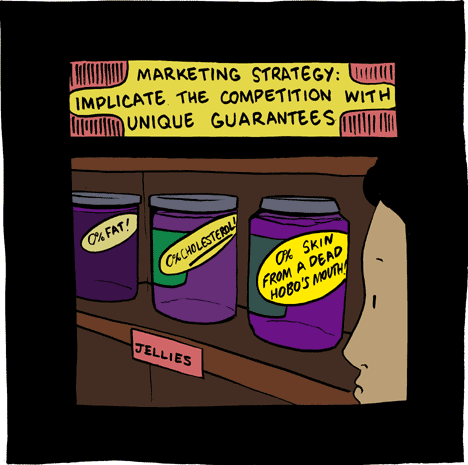Back in early February I had a late-night bout of insomnia. I turned on the radio and listened to the Coast to Coast AM show, which often is more entertaining than informative. There was a discussion of the miracles of baking soda. One guest smugly mentioned that you should be careful to always use aluminum-free baking soda. What?
Baking powder is used to leaven quick breads. It generates carbon dioxide from chemical reactions between baking soda (sodium bicarbonate) and acid salts. The simplest “single-acting” baking powder just uses cream of tartar (potassium bitartrate) as the acid salt. Fancier “double acting” baking powders add another acid salt; some use compounds like sodium aluminum sulfate, or sodium aluminum phosphate. The label on the Clabber Girl can in my pantry says it consists of cornstarch, sodium bicarbonate, sodium aluminum sulfate, and monocalcium phosphate. There is a significant amount of aluminum in there. It also says it is gluten-free. If you are worried about ingesting aluminum, or just don’t like the taste, then you can check package labels or this list and find a brand of baking powder without it.
However, baking soda is almost entirely sodium bicarbonate. I occasionally use a bit of the generic stuff for leavening a batch of Irish soda bread. There is another brand that claims to be natural and both aluminum-free and gluten-free. It costs over twice as much as the generic stuff.

I’m not exactly sure what “aluminum-free” means. I suspect it’s only a marketing ploy for scaring people, like in the Saturday Morning Breakfast Cereal cartoon shown above. One Prairie Home Companion radio show even had a phony commercial for Old Folks at Home Cottage Cheese, which proudly claimed to have neither arsenic, nor formaldehyde.
Baking soda might contain small traces of other elements or compounds. When I looked on the internet I found contradictory information about whether the popular Arm and Hammer brand contained any aluminum. An obsessive Grandad from Exeter had two other brands analyzed for aluminum, and the lab found <0.01 ppm (parts per million) in one and 2.8 ppm in another. Someone else asked the Australian maker, McKenzie Bicarb Soda, who replied they have less than 0.2 ppm in theirs. If you are more used to seeing percentages, remember that 1 ppm = 0.0001 %. So, the amount of aluminum there is pretty insignificant. Maybe aluminum-free really means that you don’t get charged extra for the little bit of aluminum already in there.
Perhaps they should have taken Simon Sinek’s recent advice to Say What You Are, Not What You're Not. The image of a no-name box of baking soda is from Michael Francis McCarthy.


No comments:
Post a Comment